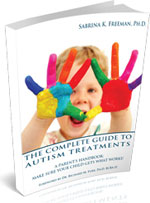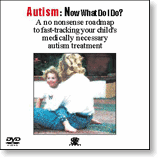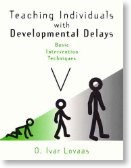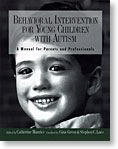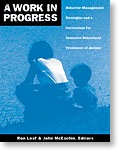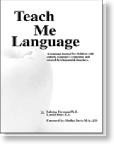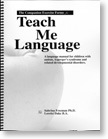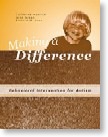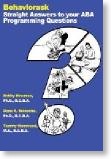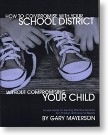We'd love to help, but we've got no resources... Really?
16/08/11 12:57
I’m sure that everyone has heard the expression, “nothing’s new under the sun...” We’ll, that is certainly true in the struggle for parents of children with autism, specifically when it comes to securing resources from the system. A fearless Canadian autism advocate, (a mother of a child with autism), sent me an article from another mother in New Zealand who has been fighting for her child’s rights to services. The names of the countries change, but the tired, unimaginative justifications for denying children with autism services remain identical.
The article, Unfriendly Consequences: What Competition for Limited Resources Does to the Autism Community and Autism Families describes how the system pits parents against each other. Instead of parents fighting together, the bureaucrats find a way to “divide and conquer”.
The United States
Parents in the United States were first out-of-the-gate to secure treatment for their children, and although there are still many children not receiving what they need, the laws exist and have been tested successfully. For parents in the U.S. who need to advocate for their children, there is an organization called Wrightslaw that has considerable resources, including a list of thirteen ABA/Lovaas judgments with the cases linked. If you are an American starting the advocacy process, I highly recommend this website. In addition, children with autism are protected by three Federal Acts:
~ Section 504 and ADA
There are also 26 states that have passed state mental health parity acts (MHPA) which have important implications for the coverage of autism treatment by health insurance companies. Check to see whether your state has passed a MHPA yet.
Parliamentary Democracies
If you are in a country with a parliament democracy, unfortunately, your battle is far from over. I am most familiar with advocacy in Canada (although I’m aware of some in the United Kingdom). In Canada, the courts were ultimately used to attempt to change the lives of children with autism for the better (with mixed results); however, unlike in the U.S., in Canada the laws were not changed.
It is crucially important for parents who live in countries where the system has not yet evolved, to join ABA groups such as the ME-List on Facebook, since parents from around the world connected through the internet will be able to share their successes and failures. Advocate parents from other parliamentary democracies have much to learn from each other’s experiences. The U.S. legal precedents can also be helpful as a guide; therefore, it is worthwhile using them. From personal experience, I can tell you these precedents were morally persuasive (even though they had no legal weight).
